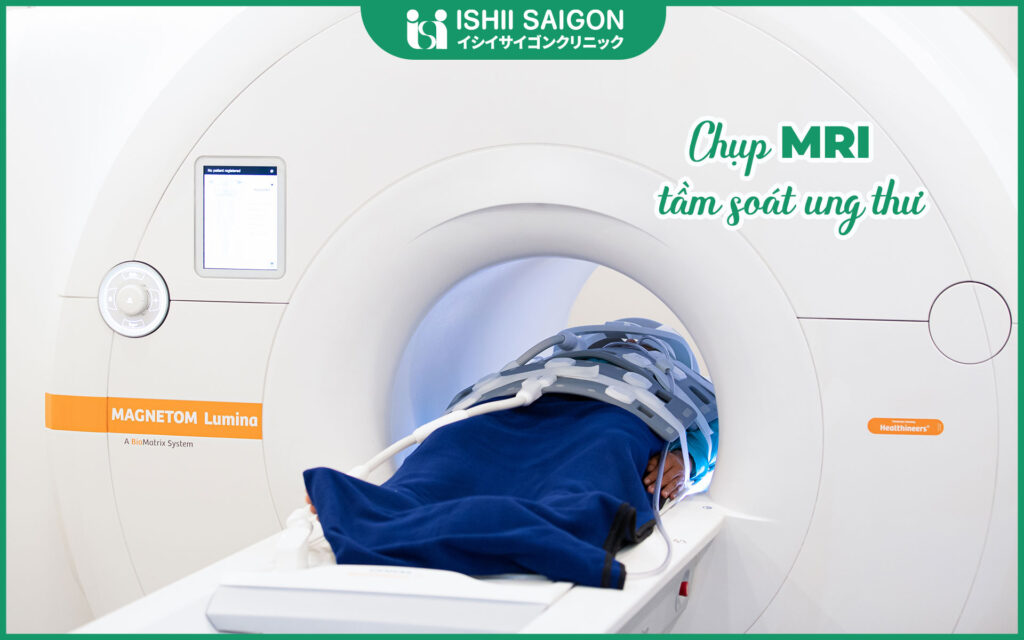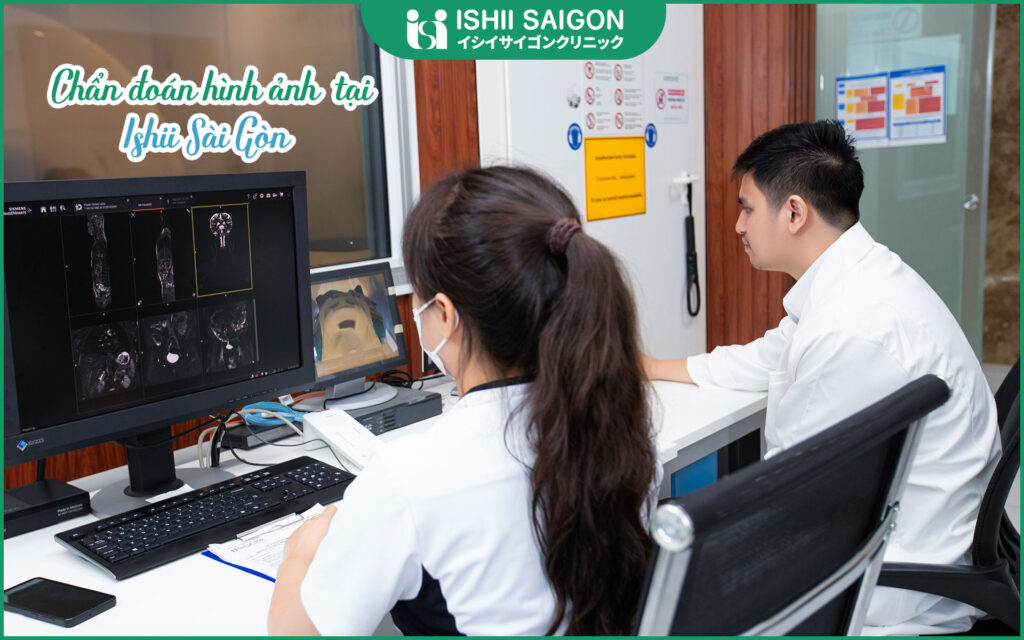
Screening for cancer is one of the important measures to detect various types of cancer early, thereby improving the chances of treatment and reducing the mortality rate. In the context of modern society, with the increasing presence of cancer-causing risk factors, the application of effective screening methods has become more necessary than ever. This article will provide an overview of cancer screening, common methods, the implementation process, and essential considerations for the public.
The importance of cancer screening
Cancer awareness
Cancer is one of the leading causes of death worldwide. Each year, millions of people are diagnosed with cancer, and this number continues to rise. Being aware of cancer, its symptoms, and risk factors is crucial for early detection and timely treatment.
The benefits of early screening
Cancer screening helps detect the disease at an early stage when cancer cells have not yet spread to other parts of the body. This not only increases the chance of a cure but also helps reduce treatment costs. Many studies have shown that regular cancer screening can reduce cancer mortality rates by up to 30%.
Disease control capability
Early detection of cancer not only gives patients more time to prepare mentally but also provides an opportunity for doctors to determine the most appropriate treatment method. When the disease is detected at an early stage, many treatments such as surgery, chemotherapy, or radiation therapy can be more effective.

Individuals who should undergo cancer screening
People with a family history
Individuals with a family history of cancer have a higher risk compared to others. Therefore, they should undergo regular cancer screening to detect the disease early.
People with risk factors
Risk factors such as age, an unhealthy lifestyle, exposure to harmful chemicals, or viral infections can increase the likelihood of developing cancer. Individuals with these risk factors should consult their doctor about cancer screening.
Adults over 40 years old
According to recommendations from many health organizations, adults aged 40 and over should undergo regular cancer screening. This is the age at which the risk of developing cancer begins to increase significantly.
Common cancer screening methods
Blood test
Blood tests are one of the simple and effective methods for cancer screening. Tests such as PSA (Prostate-Specific Antigen) for prostate cancer, CA-125 for ovarian cancer, and CEA (Carcinoembryonic Antigen) for colorectal cancer can help detect early signs of abnormalities in the body.
Imaging diagnosis
Imaging techniques such as ultrasound, CT scan, MRI, and PET scan play a crucial role in detecting tumors or lesions in the body. These methods provide doctors with a clearer view of the patient's health condition and help determine the location and size of tumors.
Endoscopy
Endoscopy is an effective cancer screening technique, particularly for cancers of the digestive tract such as stomach and colorectal cancer. Through endoscopy, doctors can directly observe the inside of the body and obtain tissue samples for testing, leading to a more accurate diagnosis.

Cancer screening process at healthcare facilities
General health check-up
The cancer screening process begins with a general health check-up. The doctor will inquire about medical history, current symptoms, and risk factors related to cancer.
Testing and diagnosis
After the health check-up, the doctor will prescribe the necessary tests to assess the patient's health condition. Depending on the case, these tests may include blood tests, imaging diagnostics, or endoscopy.
Follow-up and re-evaluation
If the screening results show abnormal signs, the patient will be advised on the next steps, including monitoring their health condition and scheduling regular follow-up visits to ensure early detection of any changes.
Cancer screening using imaging diagnostic methods at Ishii Saigon
Ultrasound
Ultrasound is a safe, non-invasive cancer screening method that does not use radiation. This method is commonly used to detect tumors in organs such as the liver, kidneys, and ovaries.
CT scan
CT scan is an advanced imaging technique that creates cross-sectional images of the body. This method is very useful for detecting small tumors and assessing the extent of disease spread.
At Ishii Saigon, the latest dual-source CT scanner with 768 slices, the SOMATOM Drive, is used, providing high-resolution and fast medical imaging. This machine is equipped with advanced technologies such as rapid scan speed, high resolution, and integrated AI for image analysis support.
MRI
MRI is an imaging method that uses magnetic fields and radio waves to create detailed images of the body's soft tissues. MRI is commonly used for screening brain, breast, and other organ cancers. Currently, Ishii Saigon is using the most advanced 3.0 Tesla MRI machine, which has a higher magnetic field that allows for faster scans, 3D image reconstruction, and better anatomical detail, making it easier to detect lesions and quickly diagnose potential cancer signs.

Some notes
Consult your doctor
Before undergoing cancer screening, individuals should consult with their doctor to understand the process, benefits, and risks. The doctor will help determine the most suitable screening method based on each person's health condition and risk factors.
Do not perform tests on your own
People should not perform cancer screening tests without a doctor's recommendation. Doing so can lead to inaccurate results and cause unnecessary anxiety for the patient.
Maintain a healthy lifestyle
In addition to regular cancer screenings, people should maintain a healthy lifestyle to reduce the risk of the disease. This includes a balanced diet, regular exercise, and avoiding tobacco and alcohol.
Frequently Asked Questions
Does cancer screening hurt?
Most cancer screening methods are not painful. However, some tests, such as endoscopy, may cause discomfort. Your doctor will provide guidance on how to prepare and minimize any discomfort during the procedure.
How often should cancer screening be performed?
The frequency of cancer screening depends on age, medical history, and individual risk factors. Generally, adults aged 40 and over should undergo screening at least once a year.
Is cancer screening covered by insurance?
Many health insurance companies now include cancer screening costs in their coverage. However, individuals should carefully review the terms and conditions of their insurance policy to understand their benefits.
Conclusion
Cancer screening is an important part of protecting public health. Early detection of cancer not only improves treatment outcomes but also reduces costs and burdens on families and society. Be proactive in undergoing regular cancer screenings and maintaining a healthy lifestyle to protect yourself and those around you.






